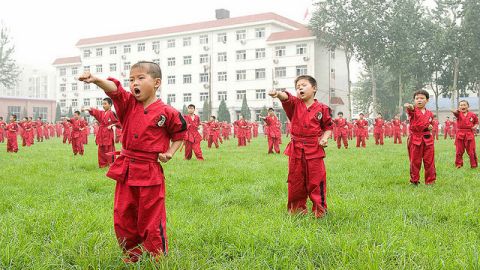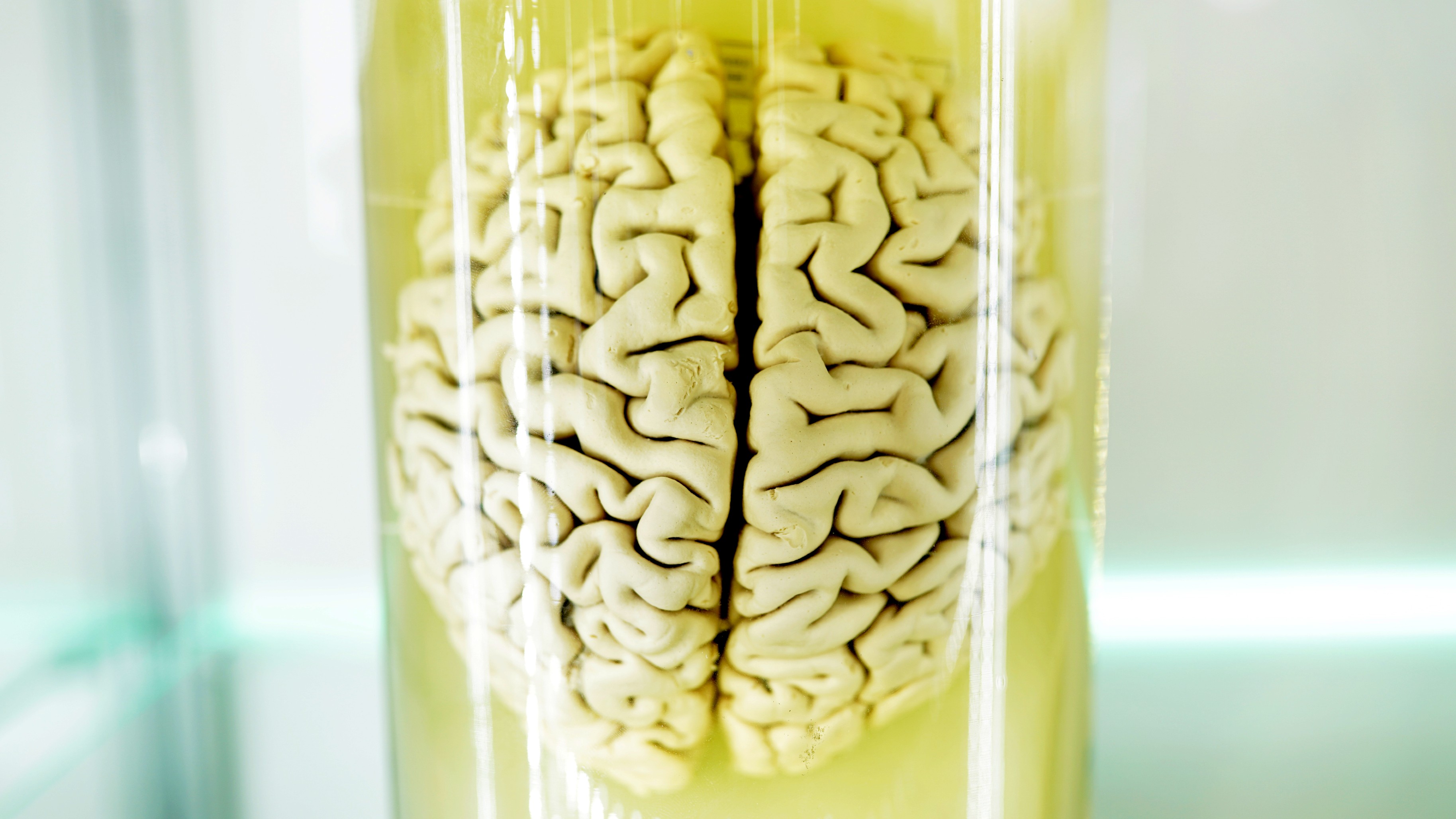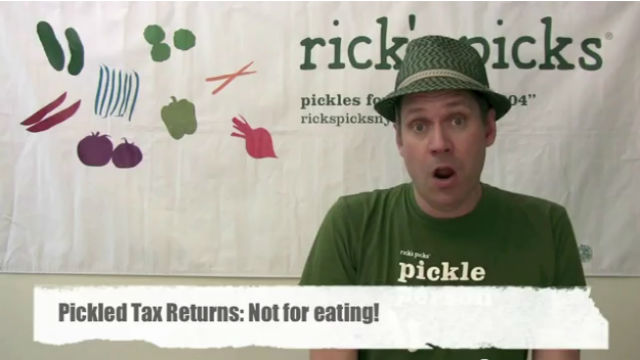Teach Your Child Self-Discipline Without Tiger-Parenting Them To Death

In the book, Chua asserts that her rigorous parenting style (no tv, no sleepovers, hours of daily violin and piano practice, expectations of academic perfection), is “Chinese,” and based on the view that “Childhood is a training period, a time to build character and invest in the future.”
Happily, it seems that we can have our cake and eat some of it, too. “An important point here,” says Wang, “is that willpower [i.e. self-discipline] training in children is most effective when the child is having fun.” Intense stress is a poor learning tool at best, and potentially harmful to the developing brain, especially in sensitive children. Gently guided play, a powerful approach exemplified by the school program“Tools of the Mind”, can incorporate self-discipline training into the imaginative play that children naturally engage in and enjoy.
What’s the Significance?
Since ‘parenting’ became a word, it has also become incredibly complicated. Raising children has never been easy, but it’s safe to say that today’s parents face an unprecedentedly dizzying array of research-supported methods for turning little Parker or Kaylee into a successful, well-adjusted grownup. Comment threads and online parent networks can whip parental neurosis into a rabid frenzy over anything from a child’s lost hat to the very serious issue of childhood vaccination.
The wealth of new data also exposes how little we actually know, raising new questions, concerns, and debates. Longitudinal studies, which track human development over years or decades, are expensive and tricky to execute. So the scientifically-supported parenting advice that appears in the media – about tv’s effects on the developing brain, for example – is often based on studies of short-term effects, or teased out by statistical analysis, or extrapolated from analogous, better understood aspects of child development.
Here’s the good news: Two things that are intuitively obvious to most parents – the importance of teaching children self-discipline and the educational power of fun – are also unusually well supported by science. Tiger Parents and Teddy Bears, rejoice! Here’s a middle ground you can agree on in good conscience: play-based learning that will help your child grow into a capable and happy adult.
_______________________________________________________________________
*e.g. drawing a frowny face on the birthday card her four-year-old daughter Lulu had made for her because it didn’t show enough “thought and effort,” and announcing: “I reject this.” Or threatening to burn all of Lulu’s stuffed animals if she didn’t master ‘The Little White Donkey’ on the piano by the next day.





